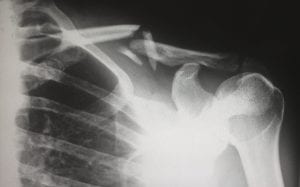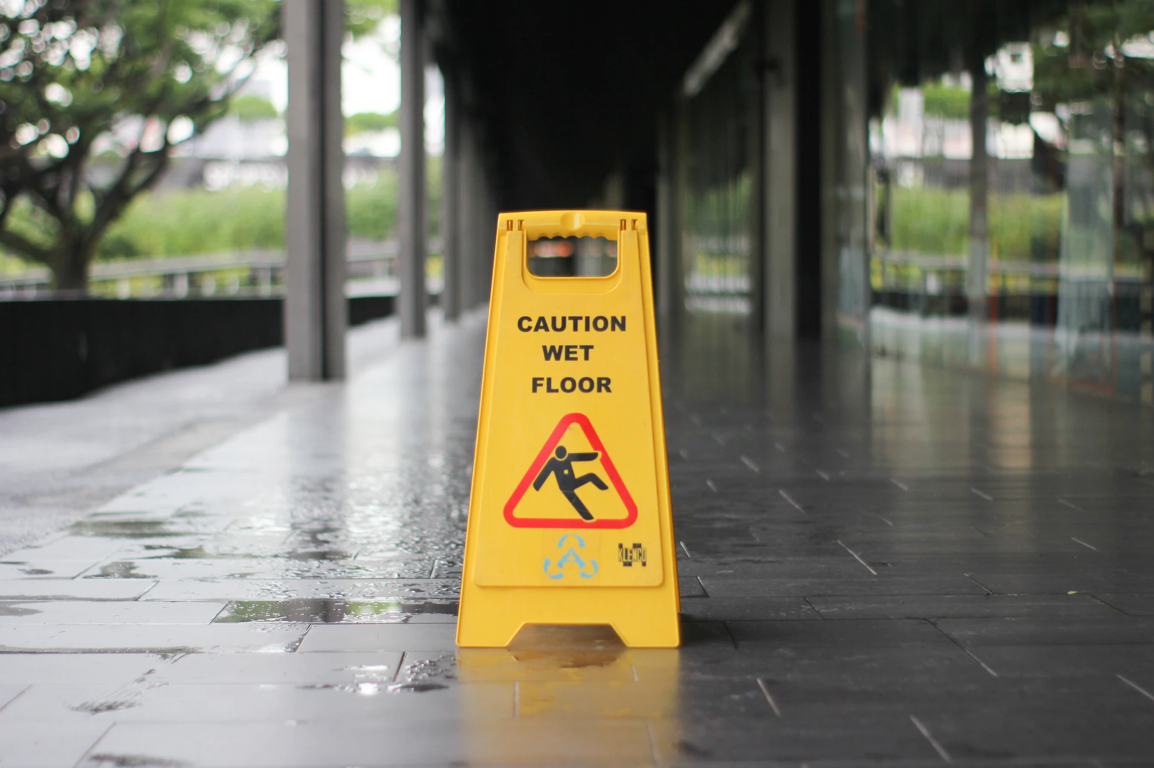The only people with whom you discuss your case are your doctor and attorney. Avoid posting about it on social media.
Being involved in an incident that leads to a personal injury is undoubtedly a confusing and frightening experience. Whether you were involved in a car accident, slip and fall, pet attack, or any other type of accident, you will most likely feel anxious, shocked, and unsure of how to proceed. You want to take the necessary next steps to ensure your health, safety, and wellbeing; this can be done by beginning to develop a case against the party that caused your injuries. The process of enduring a personal injury accident and the actions you should take immediately after the accident can be daunting and overwhelming. However, it is crucial to be prepared. If you or a loved one has been injured in an accident, these are a few steps to help prepare you for a personal injury claim.
Seek Medical Attention

If you or a loved one has sustained a personal injury, arguably one of the most important things you should do is seek medical attention. Even if you feel as though your injuries are not particularly serious or your injuries are not readily apparent, you should still seek medical attention. The stress and shock from your accident may potentially dull the effects of your injury, distorting your perception of pain at the moment. Further, some injuries, such as brain injuries, do not generally show symptoms for days, weeks, or sometimes months following an injury. In addition to your health, some jurisdictions require that you seek medical attention within a specified period; failure to do so may lead to your claim being thrown out. Even in states that do not require a claimant to seek medical attention following their accident, there is still a high likelihood that the insurance adjuster and jury will hold that your injuries were minute and negligible. Ultimately, seeking medical attention following your personal injury accident is the first and most crucial step you can take to ensure your health and the legitimacy of your claim.
Obtain Legal Representation from an Experienced Personal Injury Lawyer
Your next step is to hire an experienced and well-versed personal injury attorney after you have received medical attention. During your initial consultation, your Personal Injury Lawyer will hear the details of your account and look through any evidence you may have already gathered, before advising you on whether or not you have a valid personal injury claim. If your claim is valid, your attorney will begin to investigate with your best interests in mind. Separately, Georgia has a statute of limitations of two years for personal injury claims. Essentially, you have two years from the time of the accident to file a lawsuit. Once you have sought medical attention, it is best not to delay obtaining legal representation soon after.
Participate in Your Case’s Investigation and Gather Evidence
To prove your personal injury claim, you must be able to substantiate it with evidence and necessary documentation. If possible, at the scene of the accident, gather contact information and/or testimonials from any witnesses present. Additionally, take photographs of any relevant pieces of evidence that you believe involves your case. Remember, it is better to have more information than less. Be mindful to keep records and documentation that pertain to your case, such as medical records and police reports. It is also helpful to write a document recounting what took place before, during, and after the accident. During the investigation process, it is best to avoid discussing the case with others. The only people with whom you discuss your case are your doctor and attorney. It is advised that your attorney be present for any other interactions involving the incident.


Join the conversation!